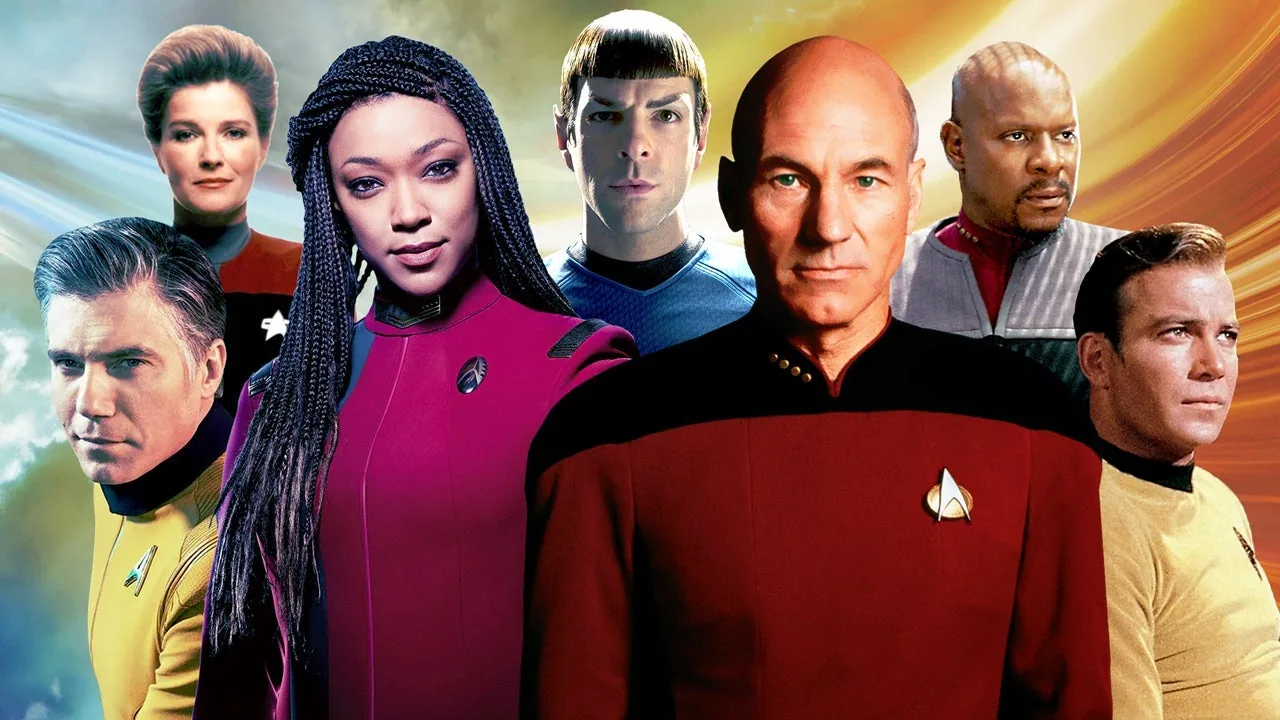Key Takeaways
- Across the Unknown’s survival gameplay feels lifeless, with poor pacing and weak presentation.
- The demo lacks compelling drama, voice acting, or meaningful choices.
- Fans hoping for a true Voyager revival will find more satisfaction in Elite Force or Star Trek Online.
A Voyage Nowhere Near Bold Enough
When Star Trek: Voyager – Across the Unknown was announced, it sounded like the perfect marriage between sci-fi exploration and survival strategy. A stranded starship crew, cut off from Starfleet, facing moral dilemmas and deadly alien threats—on paper, it’s ideal.
In practice, though, Across the Unknown crashes into mediocrity faster than Voyager entering a temporal anomaly. What could have been a bold new chapter for Star Trek gaming instead feels like a dull, low-budget detour that neither captures the spirit of the show nor delivers engaging gameplay.
Developed by Daedalic Entertainment, the game’s recent Steam demo reveals a project with potential—but little pulse.
The Premise Has Promise, But the Execution Falters
The setup mirrors Voyager’s pilot episode: the ship is flung into the Delta Quadrant, cut off from home, and forced to survive in hostile space. It’s a strong foundation. Players must manage the ship’s systems, gather resources, and make command decisions as Captain Janeway and crew.
Unfortunately, the demo’s execution feels more like a checklist than a crisis. Gameplay mostly revolves around text-driven resource management, UI-heavy menus, and brief, hollow “away missions.”
These sequences—essentially short “Choose Your Own Adventure” segments—rush through narrative moments without tension or character. The writing broadly approximates the voices of the show’s cast, but without voice acting, it feels like reading fan fiction with stock portraits.
For a Star Trek experience, that’s a fatal flaw. The series’ lifeblood has always been its cast and dialogue—actors who could make even technobabble feel profound. Here, that human spark is missing entirely.
Visuals and Combat Lost in Space
Visually, Across the Unknown looks serviceable at best. Static backdrops, awkwardly animated character models, and uninspired UI design drain scenes of energy. It’s not immersion-breaking—it’s immersion-absent.
Combat fares even worse. When a battle finally arrives, excitement quickly turns to frustration. Laggy ship controls, rubberbanding movement, and buggy enemy AI make skirmishes feel more like system tests than strategic encounters.
As one player noted, even the destroyed enemy ships occasionally kept firing—an odd glitch emblematic of the game’s unpolished state.
Compared to Star Trek Online’s space combat or even the 2000 classic Elite Force, Across the Unknown feels like it belongs in a much earlier console generation.
Fake Choices, Flat Storytelling
The game promises moral choices that shape the narrative—one of its biggest selling points. But the demo’s climactic decision, whether to destroy or use the alien array that brought Voyager to the Delta Quadrant, turns out to be a fake choice.
Regardless of player input, the story forces Janeway’s canonical action, destroying the array and ending the demo. It’s a moment that perfectly encapsulates the game’s problems: the illusion of control without the weight of consequence.
Even when it reportedly is possible to alter the outcome through random chance, it only underscores how uneven the storytelling feels.
Voyager Deserved More
After 25 years without a dedicated Voyager game, fans expected more than a lifeless survival sim wrapped in a famous franchise. Across the Unknown feels like a missed opportunity—a conceptually rich idea undermined by poor pacing, lack of personality, and minimal polish.
Those yearning for a Voyager fix would be better served by revisiting Star Trek: Voyager – Elite Force (available on GOG) or diving into Star Trek Online, which still delivers more authentic Trek storytelling than this new attempt.
Conclusion: Lost in Its Own Delta Quadrant
Star Trek: Voyager – Across the Unknown could have been a fascinating experiment in survival and leadership. Instead, it’s a lifeless voyage that lacks both the heart of Star Trek and the strategy depth of its genre peers.
Like Neelix’s cooking, it’s hard to stomach and impossible to recommend—especially when far better Trek adventures await elsewhere.
Disclaimer: The information in this article is for general purposes only and does not constitute financial advice. The author’s views are personal and may not reflect the views of GameDegen.com. Before making any investment decisions, you should always conduct your own research. GameDegen.com is not responsible for any financial losses.



